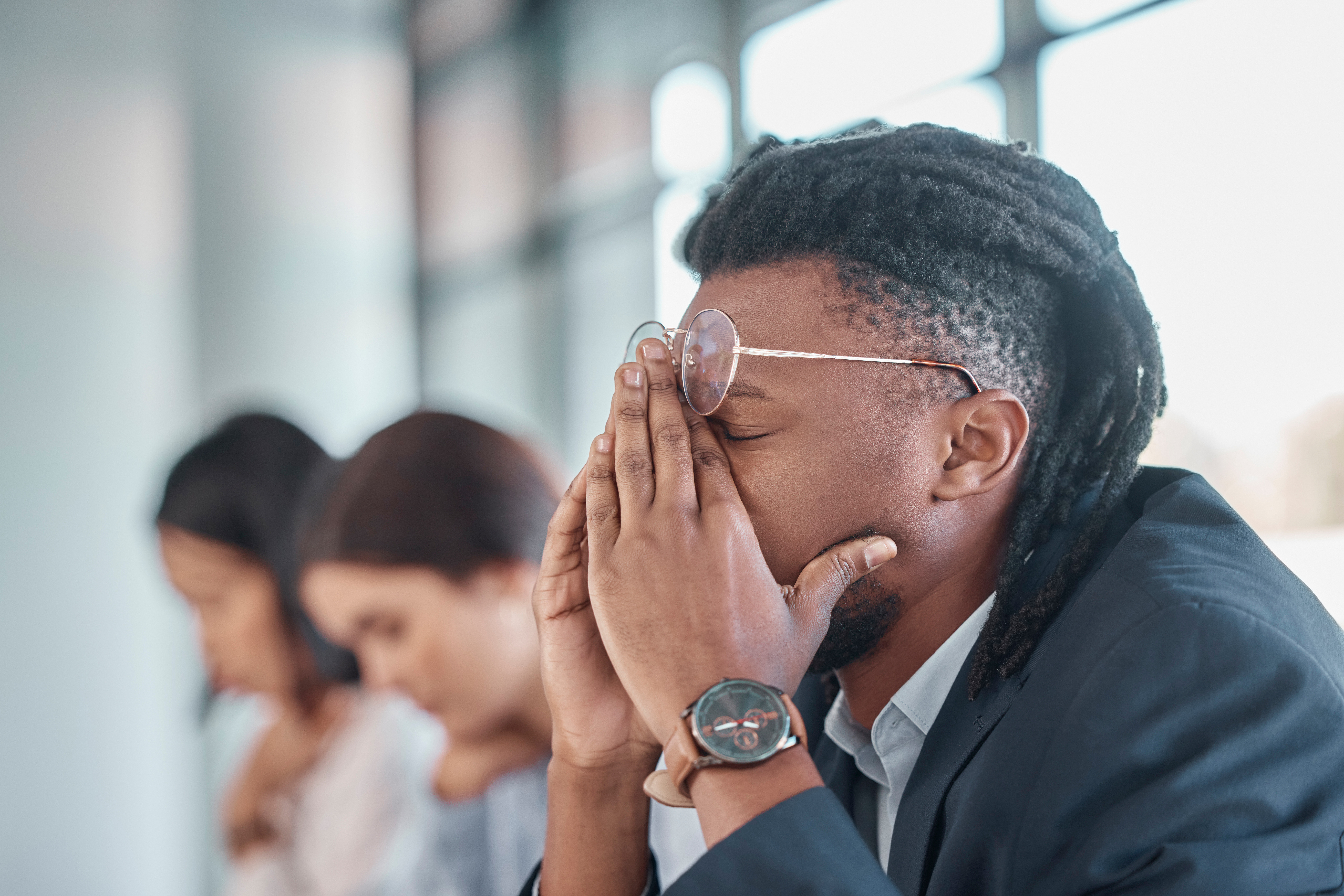10 Warning Signs Your Body Might Be Struggling with Low Testosterone
Testosterone, often labeled as the "male hormone," plays a crucial role in various bodily functions, influencing everything from muscle mass and bone density to mood and libido. While it is predominantly associated with men, women also produce testosterone, albeit in smaller amounts. This hormone is integral to maintaining energy levels, cognitive function, and overall well-being. However, as individuals age, testosterone levels naturally decline, sometimes leading to a condition known as low testosterone or hypogonadism. Understanding the symptoms associated with low testosterone is essential, as it can significantly impact one's quality of life. This article delves into the top 10 signs that your body might be trying to communicate about low testosterone levels, ensuring you are well-informed to take appropriate action.
Sign 1: Persistent Fatigue and Low Energy Levels

One of the most common and often overlooked signs of low testosterone is persistent fatigue. Unlike the occasional tiredness that can be remedied with a good night's sleep, this fatigue is chronic and unrelenting. Individuals with low testosterone often report feeling drained, regardless of how much rest they get. This constant state of exhaustion can be attributed to testosterone's role in energy production and metabolism. When levels are low, the body struggles to maintain its usual vitality, leading to a perpetual feeling of lethargy. The impact of this fatigue extends beyond physical tiredness, affecting mental alertness and motivation. Tasks that once seemed manageable may become daunting, and the drive to engage in physical activities diminishes. This can lead to a vicious cycle where decreased activity levels further exacerbate feelings of fatigue. Recognizing this symptom is crucial, as it not only affects daily functioning but can also contribute to other health issues, such as depression and weight gain. Addressing low testosterone levels can help restore energy and improve overall quality of life.
Sign 2: Decreased Libido and Sexual Dysfunction

A significant and often distressing symptom of low testosterone is a decreased libido. Testosterone is a key hormone in regulating sexual desire, and a drop in its levels can lead to a noticeable decline in interest in sexual activity. For many, this change can be sudden and perplexing, especially if they previously had a healthy libido. This shift can strain relationships and lead to feelings of inadequacy or frustration. In addition to reduced sexual desire, low testosterone can also contribute to sexual dysfunction, including difficulties achieving or maintaining an erection. This occurs because testosterone plays a role in the physiological processes that lead to an erection, and insufficient levels can hinder these processes. Recognizing these changes as potential signs of low testosterone is important for seeking appropriate medical advice. Treatments are available that can address these issues, helping to restore sexual health and confidence.
